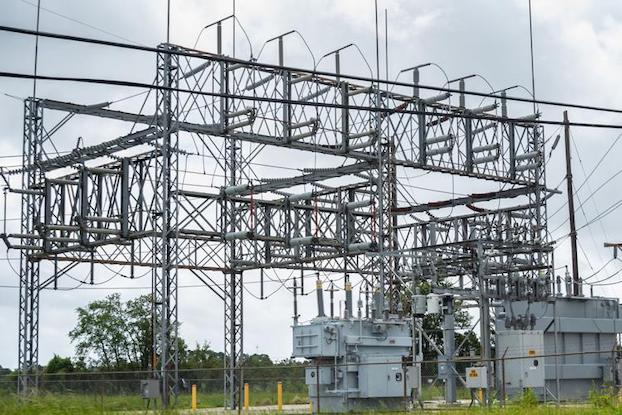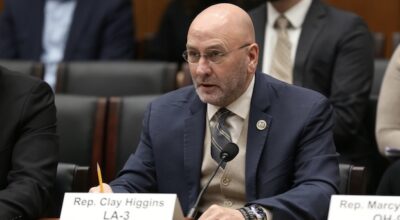Jim Beam column: Democracy, newspapers linked
Published 7:07 am Sunday, July 3, 2022

- The loss of many of this country's newspapers is continuing, but regional chains like Boone Newspapers Inc. are saving many of them with the company's expertise.Inpmediagroup.com
Newspapers in this country continue to die at the rate of two per week, and no one seems to be able to come up with a solution to stop the losses. Critics will say that’s no big deal, but a piece of this country’s democracy is disappearing with those newspapers.
Two recent studies by journalism schools have done a great job of explaining why that’s true. One is by the Medill School of Journalism at Northwestern University. The other is the Hussman School of Journalism at the University of North Carolina.
The Associated Press reported that the Medill school said news “deserts” are growing. It is estimated that some 70 million Americans live in a county with either no local news organization or only one. And many of those are the elderly, the poor and the less educated who have no reliable source of local news.
The Spokesman Review in Spokane, Wash., explained why that’s unfortunate. It said a Gallup poll conducted in late-2021 found Americans trust local news more than national news. The newspaper also explained one of the major reasons newspapers are hurting.
“As news and advertising has moved from the printed page to the webpage, tech giants Google and Facebook have reaped the benefits, scooping up ad revenue while squeezing the news outlets that create the content on which those online platforms rely.”
The country had 8,891 newspapers in 2005 and at the end of May there were only 6,377, a loss of 2,514 newspapers. An estimated 75,000 journalists worked in newspapers in 2006, and now that is down to 31,000.
While the pandemic wasn’t a major cause of newspaper losses, 360 newspapers have shut down since the end of 2019, all but 24 of them weeklies serving small communities.
Penelope Muse Abernathy, visiting professor at Medill and principal author of its report, said, “What’s really at stake is our own democracy, as well as our social and societal cohesion.”
The Hussman study quoted a former editor and now a columnist at the Democrat-Gazette in Little Rock, Ark., who said, “The watchdogs of school boards, city councils and quorum courts are gone. The chronicles of high school sports teams are missing. To say that this is a sad thing for counties is to understate the case.”
Television and radio can cover some of that news, but not in the depth of coverage that is available in newspapers. Here is a good explanation of how they do that:
The Hussman study said researchers in political science, sociology, and economics have identified three ways strong newspapers historically built a sense of community and trust in our democracy.
- Through their journalism, they set the agenda for debate of important public policy issues, and as a result, influenced the course of history with the stories they published and their editorials that recommended specific actions.
- Their advertising encouraged regional economic growth and development by helping local businesses connect with local consumers.
- Newspapers also nurtured social cohesion and political participation by putting into local context issues that may have seemed to be national ones, such as health care or gun control.
Regional newspaper chains are growing and are buying hundreds of newspapers in small or mid-sized markets, and that is a good thing. Boone Newspapers (BNI) is one of those chains and it purchased the American Press. BNI owns and/or manages newspapers and free shopping guides in 91 communities in 12 states.
In Louisiana, it also owns the Bogalusa Daily News, the L’Observateur in LaPlace, Southwest Daily News, the Beauregard Daily News, and the Leesville Leader. It also owns the Orange Leader and the Port Arthur News in Texas.
The BNI organization is able to provide its member newspapers with research and technical assistance from the many professionals in the organization.
The Medill study said less than a third of the country’s 5,147 weekly newspapers and just a dozen of the 150 large metro and regional daily papers are now locally-owned and operated.
Some in Congress are trying to help halt the newspaper losses by using tax credits to let news outlets hire more journalists and help subscribers and advertisers pay for their services. However, those prospects are rather dim, considering that many Republicans don’t care much for the media.
That’s unfortunate because, during over 60 years in the newspaper business, I have seen much of their worldwide, national, state, and local coverage and many of the great investigative stories they have published. They have also kept their local communities well-informed about local and national events.





